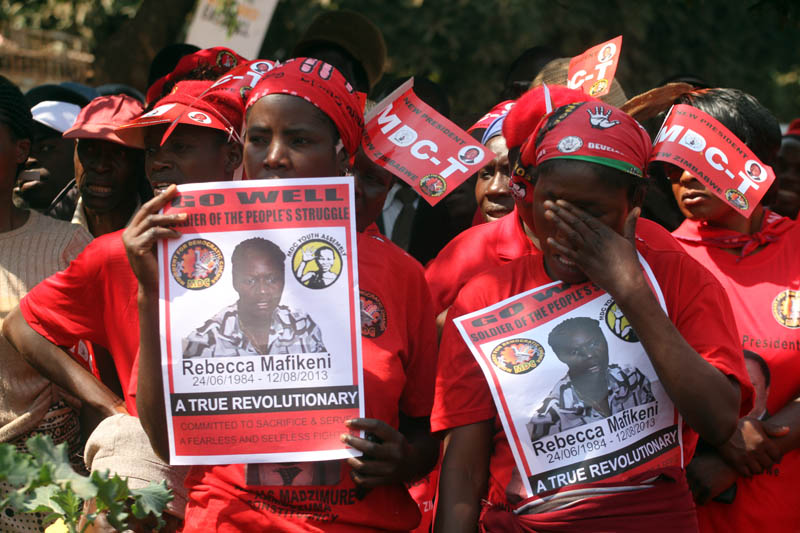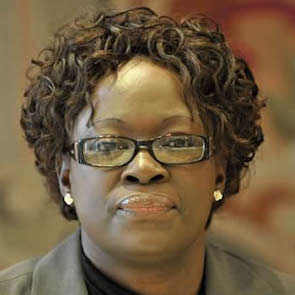
In Harare on Monday, Itai Dzamara – journalist, pro-democracy activist, leader of “Occupy Africa Unity Square”, and a real pain for Robert Mugabe – was kidnapped, in broad daylight. On Tuesday, Dzamara’s wife, Sheffra Dzamara, went to the High Court and filed an urgent habeas corpus. Today, the High Court ordered the State to “search” for Dzamara. Talk about the fox guarding the chickens.
Reporting on this incident, and reporting on Zimbabwe more generally, suggests that State-sponsored violence has significantly reduced since the dark days of the 2008 elections. Jestina Mukoko, National Director of the National Peace Project, and Beatrice Mtetwa, chairperson of the Zimbabwe Lawyers for Human Rights, would tell it differently. In 2008, Jestina Mukoko was abducted by State agents, and held and tortured for three months. Beatrice Mtetwa has also been a guest of the State, for having committed the crime of asking the whereabouts of one of her clients.
But that was then, and this is now. Right?
In an International Women’s Day celebration honoring Mbuya Felistas Chinyuku, a staunch anti-eviction women’s rights and human rights activist and organizer since 1991, Beatrice Mtetwa noted that in the past 24 months, 1390 local women human rights defenders had been arrested. The women activists’ crimes generally involved staging street protests or petitioning and litigating government with the aim of pressing for political, social and economic rights.
Beatrice Mtetwa explained, “When these women were arrested they were trying to assert their rights as women first and foremost and as citizens of Zimbabwe.” Jestina Mukoko added, “I do not know why the state thinks that we will be fighting against them. We do not intend to fight against the state but to remind them that we are people whose rights are being violated. But by just reminding them to recognize and respect people’s rights you will find yourself in jail.”
Beatrice Mtetwa and Jestina Mukoko made those remarks last Friday, three days before Itai Dzamara was kidnapped. Activists, and just plain folk, in Zimbabwe are worried and rattled by the abduction of Itai Dzamara, but they are not surprised. They have been struggling for the past two years with all varieties of disappearance, for the crime of being women and of being citizens. #BringItaiHome
(Image Credit: Twitter)



